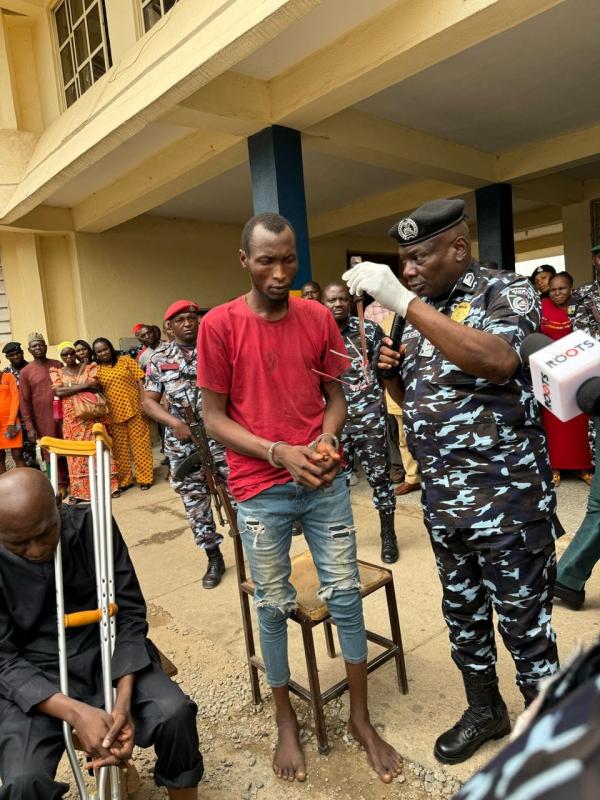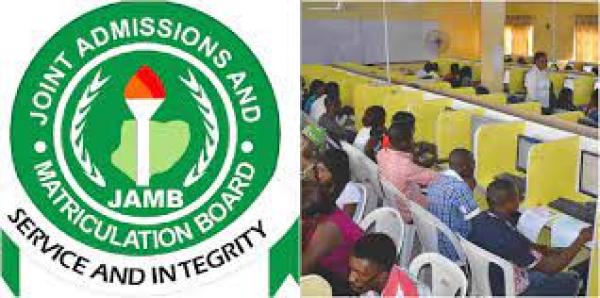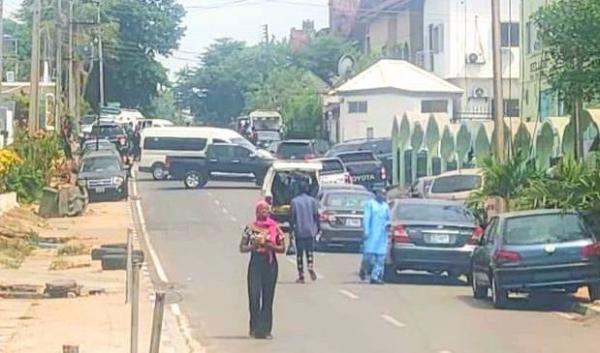File Image
The Ministry of Inner Cities and Zongo Development has launched a sanitation project for households in inner cities in Accra the capital city of Ghana, according to a media outlet ‘Graphic Online.
It is known as the ‘Inner cities household toilet project’ and the first phase will target 52 households that have between 20 and 25 occupants within Jamestown, Bukom and Chorkor in the Greater Accra Region.
The project involves building lavatories in households in a bid to end open defecation and also improving on health and the sanitation situation in low income communities.
It forms part of efforts by the government to make Accra the cleanest city.
The sector Minister, Dr Mustapha Abdul-Hamid, launched the project in Accra last Wednesday.
It is to be implemented in collaboration with the Ga Mashie Development Agency (GAMADA), the Greater Accra Metropolitan Area (GAMA) and the Ministry of Sanitation and Water Resources.
According to Dr Abdul-Hamid, the 52 beneficiary households were eligible for a similar project by the World Bank but could not pay their counterpart funding of 30 per cent of the total cost.
Under the said project, being implemented by the Ministry of Sanitation and Water Resources, the cost of a bio-digester toilet is estimated at GH¢4,000, out of which the World bank is to pay GH¢2,900, while a beneficiary pays the remaining GH¢1,100.
The minister said his outfit would now pay the counterpart funding of 30 per cent for all the 52 beneficiaries.
He said the project would run gradually until every household in the inner cities had a lavatory.
“Our intervention policies as a ministry are founded on President Nana Addo-Dankwa Akufo-Addo’s quest to run an all-inclusive system of governance, particularly with regard to development, because that is why he created this ministry,” Dr Abdul-Hamid added.
Various stakeholders, including opinion leaders in the beneficiary communities, expressed gratitude to the government for the intervention.
For his part, the Chairman of the Ashiedu Keteke Sub-metro, Mr Raymond Tetteh, expressed appreciation to the World Bank for its involvement but indicated that most households were not able to raise the 30 per cent counterpart funding, for which reason he described the support by the Ministry of Inner Cities and Zongo Development as a relief.





















